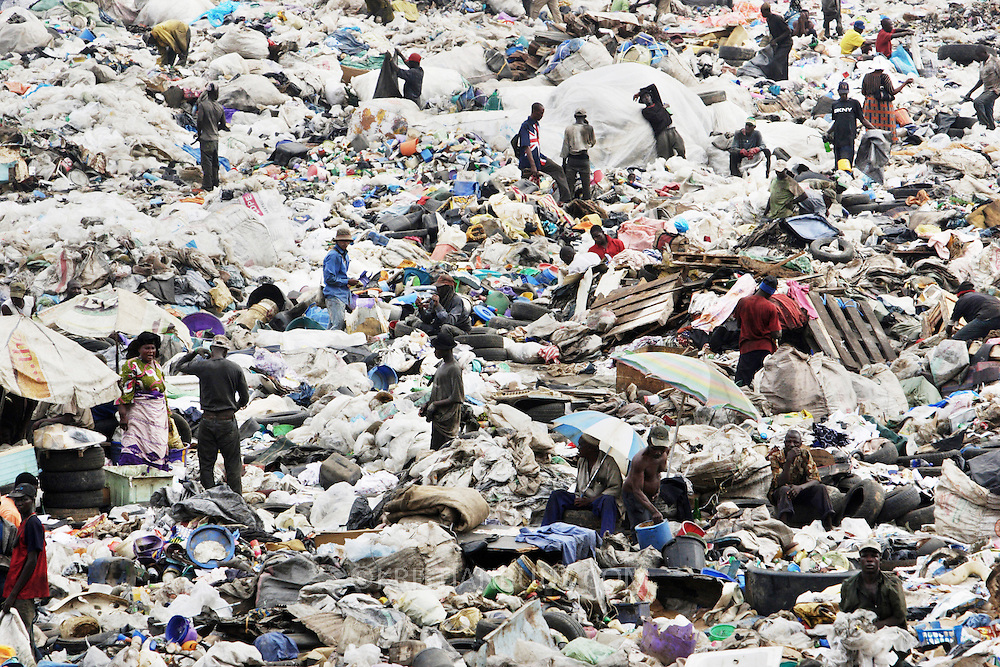Mr Jaafar Abdullahi, a lecturer in the Department of Microbiology, Kaduna State University (KASU), has called for the recycling of plastics to save the environment from avoidable disasters like floods.
He also called for a total halt in further production of plastics in view of their danger to the natural habitat.
Abdullahi spoke on Thursday in Kaduna at a one-day training for science journalists organised by Climate Change Reporters.
The News Agency of Nigeria (NAN), reports that the training was carried out in collaboration with Motherhood Foundation and Gusau Institute.
In a paper he titled: “Effects of climate change in the distribution of diseases”, Abdullahi said that climate change had brought about new diseases and caused dangerous organisms to spread to new places.
READ ALSO: NAPTIP task Bayelsa govt for office to pursue Trafficking cases
According to Abdullahi, Nigeria can come up with the idea of recycling existing plastics which could serve and last for hundreds of years.
“The recycling outfits can generate employment for young persons and improve internally generated revenue for the government.
“Let the world stop production of new plastics while we recycle the ones we already have in place,” he said.
He added that apart from saving lives, recycling of plastics would create jobs and keep youths busy so as to reduce social vices committed by them.
According to Abdullahi, plastics and products such as water bottles, water sachets and polythene bags which end up in drainage are partly responsible for floods and diseases across the country.
“Floods provide more breeding grounds for mosquitoes and other vectors which means, indirectly, greenhouse distributes diseases,” he said.
He called on Nigerians to admit that climate change is everybody’s problem and that no agency, government or scientist could fix it alone.
“We are all in this together; our lifestyle towards the environment must change and that is where the media should come in through massive enlightenment,” Abdullahi said.
Earlier in her remarks, the Chairman, Correspondent Chapel of the Nigeria Union of Journalists (NUJ), Kaduna chapter, Hajiya Asma’u Halilu, had thanked the organisers for the training that would update journalists’ knowledge with regards to science reporting.
Malam Nurudeen Bello, the Director of African Climate Reporters and Chairman of the occasion, appreciated the level of responses from the journalists.
“We hope to keep the tempo so that journalists can be imbued with basic knowledge to handle this technical area with great proficiency,” he said.



Leave a Reply